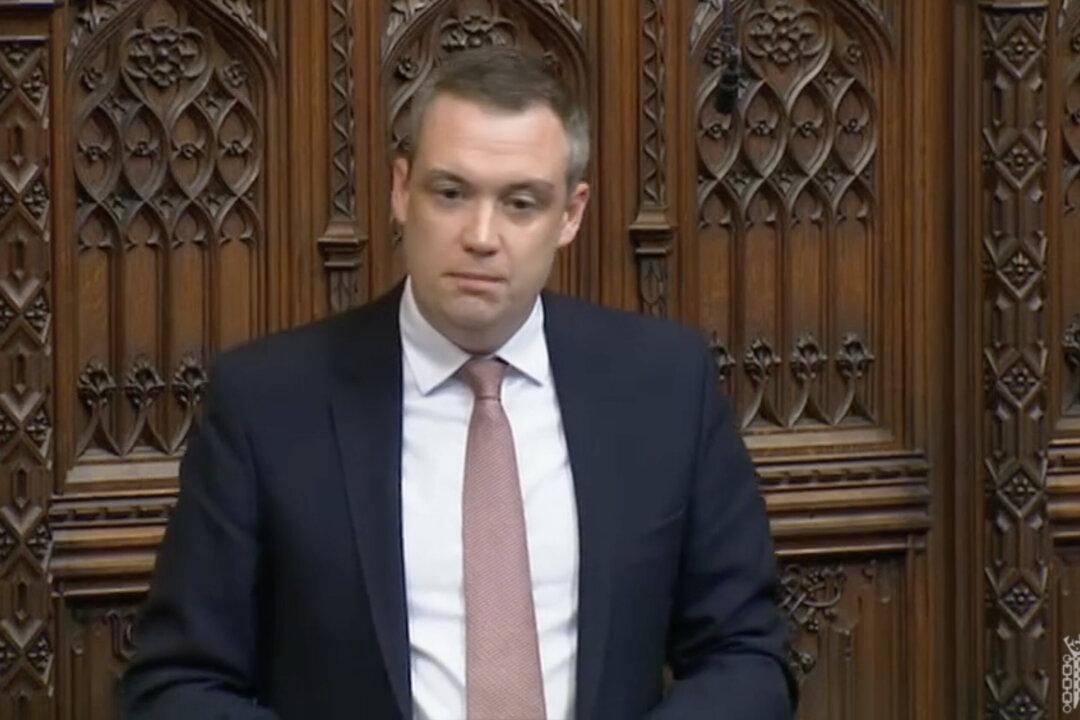Universities must meet their obligations to uphold free speech and academic freedom, the UK’s higher education regulator said on Oct. 31, days after a professor resigned following dissension with transgender activists.
James Wharton, chairman of the Office for Students (OfS), said the office requires universities to have mechanisms in place to protect these freedoms and to apply them in practice.





